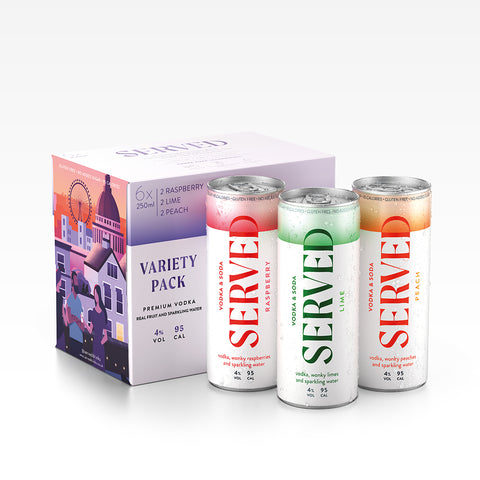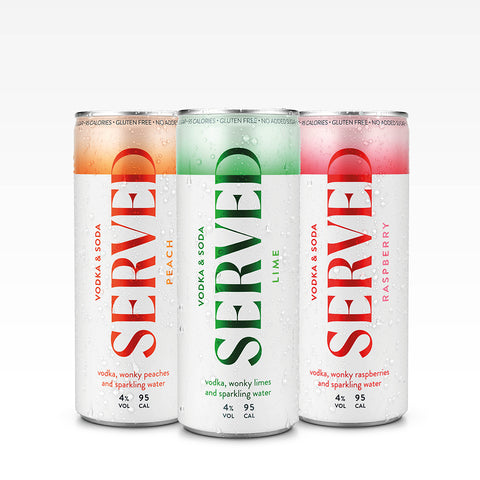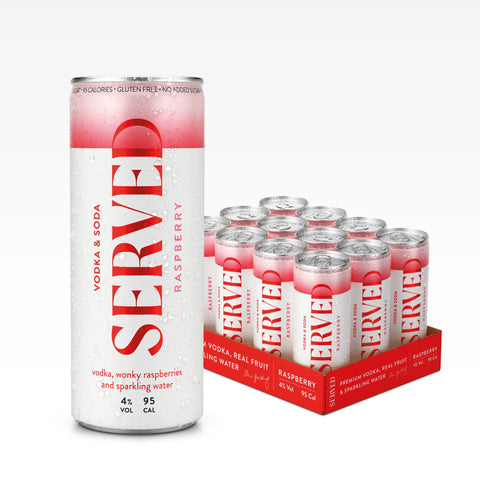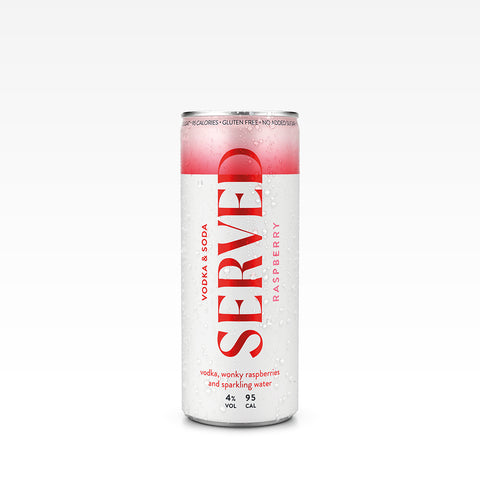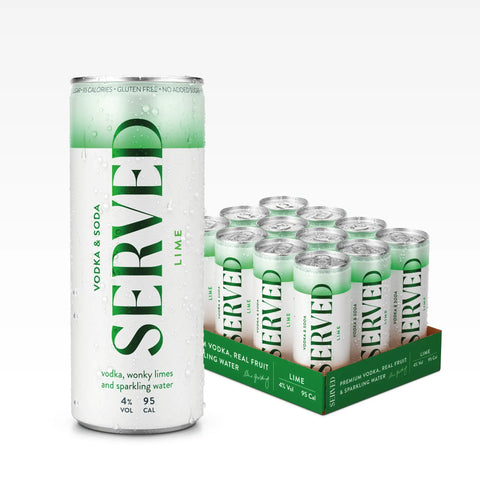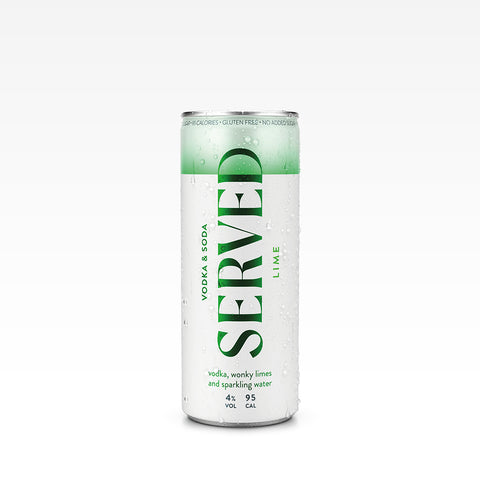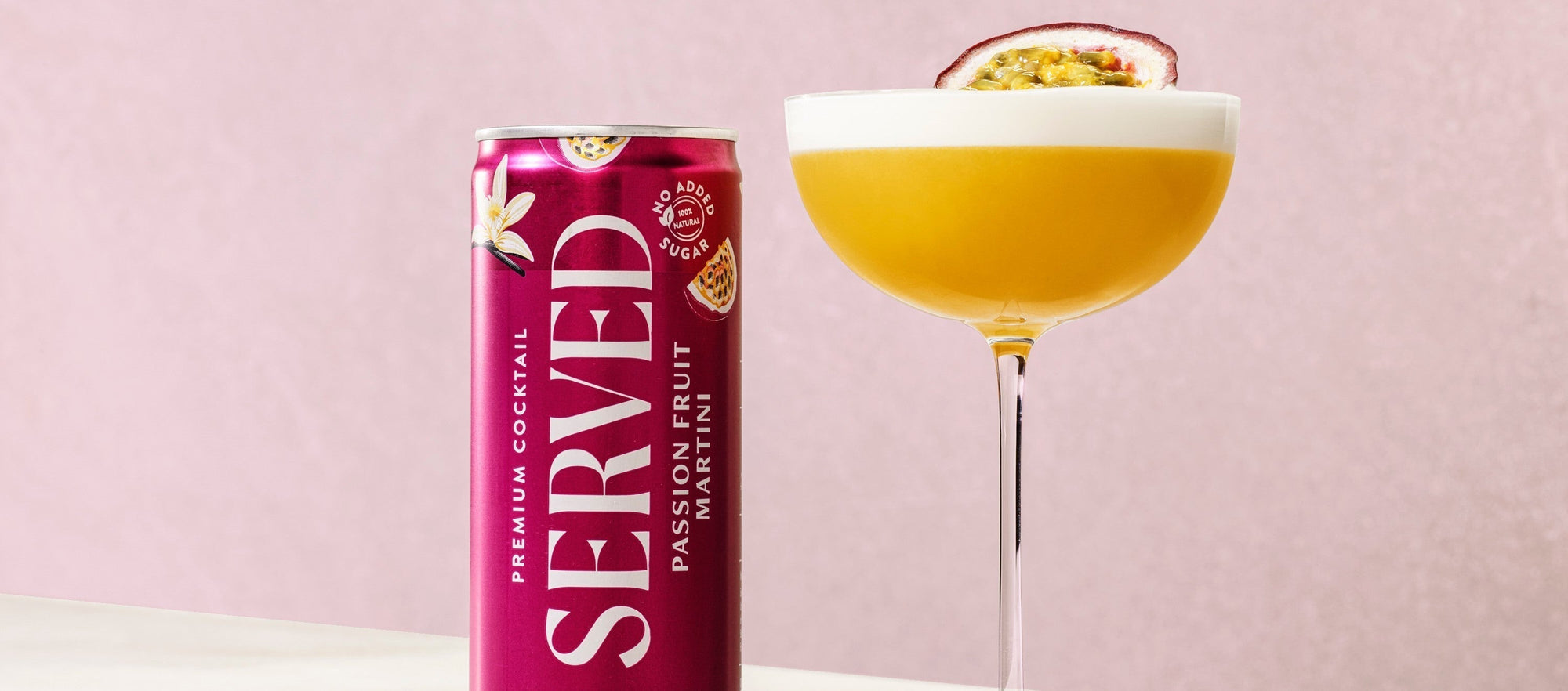How Hard Seltzer Is Made: The Art & Science Behind The Popular Alcoholic Beverage
A mouth-watering and ultimately refreshing blend of sparkling water, fruit flavouring and alcohol has taken the beverage industry by storm in recent years.
In 2019, the number of hard seltzer brands on the market doubled compared to the year before, while in June 2020 Nielsen recorded a mind-blowing increase of 150% of new brands cropping up. Many beer breweries and vintners have added hard seltzer to their lineup to leverage the punch of this innovative and highly refreshing alcoholic drink type.
The phenomenal appetite and Millenial’s craze for the hot new bubbly beverage is evident all over the market, from takeout sales to hard seltzer brands’ websites to sales at bars and restaurants.
As with everything new, consumers are curious to learn more about this uplifting fizzy trend. For example, what exactly is hard seltzer and how is it made?
Join us as we sneak behind the scenes of the hard seltzer production methods.
It All Starts With Fermentation
The first step in the production of most alcoholic beverages is the alcohol fermentation process with the help of sugar and yeast. The liquid that comes out of blending sugar, water and yeast is called sugar wash.
Yeast love feeding on the sugar. Over time, the yeast colony grows and converts sugar into alcohol and carbon dioxide (CO2). The fermentation process ends when there’s no more sugar for the yeast to feed on.
Even though fermentation is common among brewing brands, each manufacturer might choose a different strategy to produce its hard seltzer line. For example, some brewers favour higher alcohol yields or a quicker fermentation process.
Variations Of Sugar Sources And Yeast
The most typical sources of sugar used in the fermentation procedure include:- Cane sugar (sucrose)
- Glucose
- Agave syrup
- Honey
- Liquid invert sugar (a blend of glucose and fructose)
Some of these sugar sources are monosaccharides, like glucose and fructose. That’s the best sugar source for yeast to consume. Sucrose or maltose are disaccharides as they combine two sugar units, and yeast have to break them down into single units to be able to “eat” them. Di- or trisaccharides make the fermentation process last longer.
When it comes to yeast, the strains vary in temperature and alcohol tolerance, nutrient needs, ability to break down sugars and other traits. So, it’s up to the brewer to use high quality and viable yeast strain.
Time For Filtration
The fermented sugar wash is filtered to produce a clear, flavourless, colourless and odourless alcohol base.
Again, brewers might use a variety of methods to remove remaining yeast and haze particles, unwanted odours and colours, such as nanofiltration or plate filters with activated carbon.
The Flavouring Part
There are mainly two ways to add a crisp and clean flavour into an alcoholic seltzer:- Natural flavouring extract
- Real fruit infused into the alcohol
Natural flavouring comes from actual fruit juices, bitters, malt, herbs or hops and leads the way as a more natural flavouring option.
Responsible manufacturers should pay close attention to the flavouring route they’ll follow. Artificial flavourings can hurt the product line, especially for a drink whose target market are
There are countless hard seltzer fruit flavours out there to pick from, with the most well-liked to include:
- Citrus - lemon, orange, lime
- Berries - raspberries, blueberries, cranberries
- Tropical fruits - pineapple, mango, passion fruit.
Served Hard Seltzer's are only made using real, fresh wonky fruit.
Here comes the bubbles
The next step in hard seltzer production is carbonation.
Carbonation is nothing more than infusing spring water with carbon dioxide gas (CO2) under pressure to form tiny bubbles that make our taste buds tickle.
Carbon dioxide gas is found in the atmosphere and is odourless, colourless and non-combustible. Most brewers produce carbonated water for their alcoholic seltzers with about 2.8 volumes of carbon dioxide. There are also heavily carbonated hard waters for those who can’t get enough of seltzer’s fizziness.
Not All Hard Seltzers Are The Same
You have now got an insight into the production of hard seltzers. However, each brewer and manufacturer might use a distinct fermentation strategy, different ingredients and sugar sources, varied volumes of carbonation and different flavouring options.
Check your favourite sparkling seltzer brand’s ingredients list and website to find out further details about how it is produced.
If you’re searching for a hard seltzer made of the finest ingredients and with great attention to every detail, try out Served Hard Seltzer - the most refreshing alcoholic seltzer infused with pure and delicious wonky fruit.
Unlike most brewers who use sugar sources difficult to ferment and artificial flavouring extracts, Served produces its seltzer line using locally and naturally grown beet from Champagne-Ardenne, in France.
To ensure the alcohol is one of the purest in the hard seltzer market and harvested in an environmentally responsible way, Served Drinks use pure wonky beet.
The result? The crystal clear, ultra-clean tasting, four times distilled ServedPure™ gluten-free spirit.
You’ll find Served Hard Seltzers in two mouth-watering, all-natural flavours:
- Lime
- Raspberry
Raspberries come from local British farms found in the heart of Scotland’s Strathmere Valley. These farms are well-known for producing some of the world’s finest raspberries bursting with sweetness and flavour.
Overview of Served® Hard Seltzers:
- 57 calories per can
- 4% alcohol by volume
- Vegan
- Gluten-free


